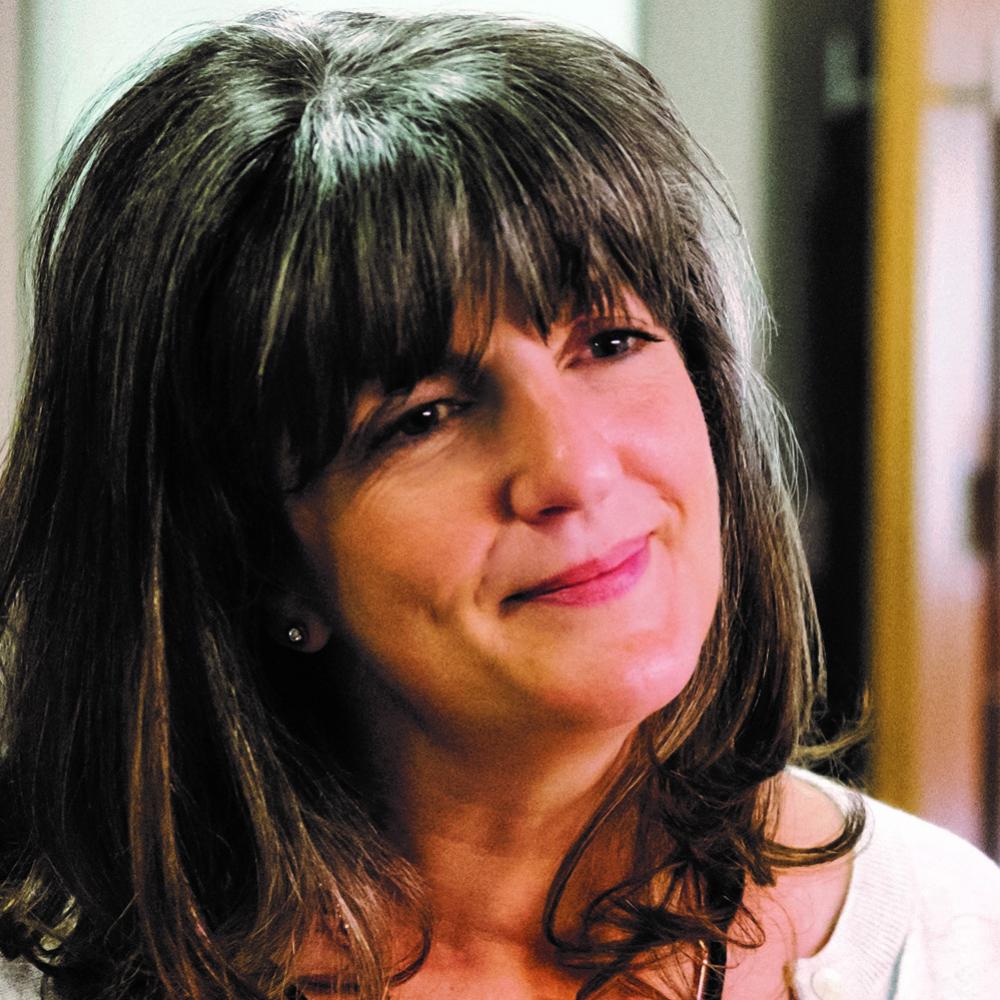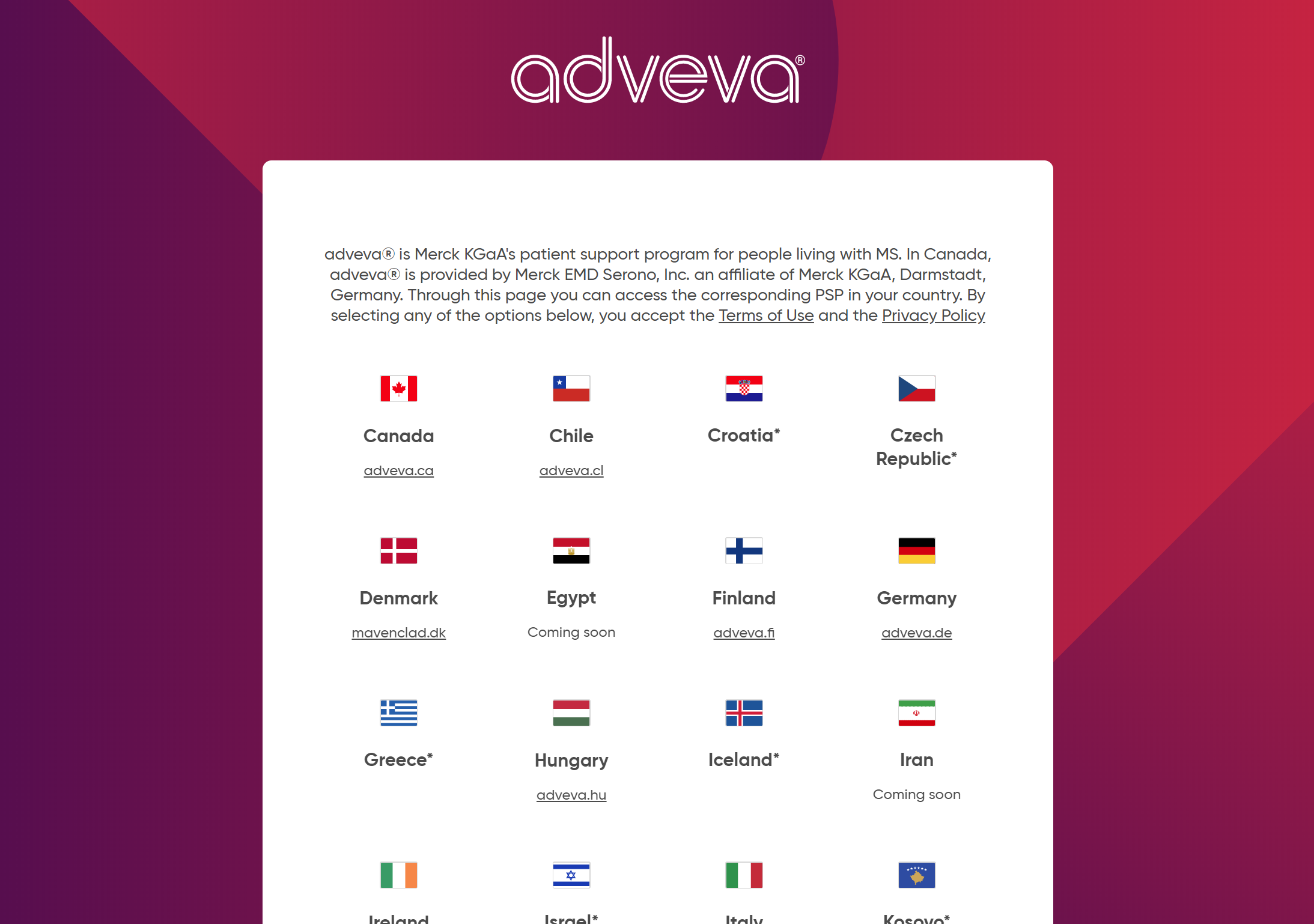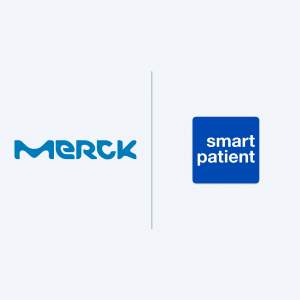Patient Support: Merck’s Helen Gray Weighs in on COVID-19 and Digital
Helen Gray leads ‘adveva®,’ a global digital patient education program. In our interview, she outlines how pharma should embrace digital to provide meaningful education to patients during the pandemic and thereafter

COVID-19 has shone a light on how digital technology is a lifeline for millions of people in the modern world. For Helen Gray, Global Medical Director Neurology & Immunology at EMD Serono Inc, a healthcare business of Merck KGaA, Darmstadt, Germany, it is also an inflection point for the delivery of patient information in general and the role of pharma’s patient education programs in particular. Helen focuses on direct-to-patient communication and patient education for Merck’s Multiple Sclerosis franchise. She joined us for an interview to discuss the state and future of pharma’s education offerings, in times of COVID-19 and beyond.
COVID-19: An inflection point for care delivery and patient education?
Helen, you’ve been with Merck for over 25 years. Listening to the patient voice has always been very important to you. What does COVID-19 mean for someone living with MS?
Like everybody else, MS patients need to practice social distancing and follow local guidance to stay safe and stop the spread of COVID-19. Even if their MS clinic is up and running again, offering in-person appointments, many patients may be concerned about needing to go into a healthcare facility. Put simply, they may not go, they may not want to go.
What does this mean for the industry? Are you seeing the pandemic impact pharma’s role in helping patients living with their disease?
I think in some countries the healthcare systems are still not operating at pre-COVID 19 capacity for non-emergency, routine healthcare. It may not be possible for doctors and MS teams to see their patients as often as before, or face-to-face. Patients still need access to education, training, and support to help them understand and manage their medication. And that’s where pharma can help.
We know that some physicians may not feel the need to offer Pharma company patient education to patients. Is COVID-19 going to change this?
Whereas previously some MS Teams may not have needed additional treatment-related education or support for their patients, this may change now. Some MS Teams are fully occupied adjusting to a new way of working to provide healthcare to their patients while at the same time minimizing their risk of becoming sick with COVID-19. If the Pharma company can offer patient information and education to help patients manage their treatment effectively, this can be helpful.
“A common approach is for physicians to say ‘well, you handle patient inquiries specifically related to how to take and manage their treatment, we’ll handle the holistic care and management of the patient and their MS.”
What is your view of the bigger picture? Are we seeing an inflection point for care delivery?
I think a big opportunity is in embracing digital technologies. We’ve been forced into a virtual world. We must communicate with patients in a way that works for them. A few people still rely on mail, but increasingly digital communications, secure digital platforms, passcode-protected websites and apps can get educational material to patients more quickly. Of course, these platforms enable patients to access information as video and audio, so patients can watch, listen, and read. This is particularly important for people with MS who may experience cognitive decline or visual disturbance.
How could you support patients without putting digital first?
Clinicians demanding digital patient support certainly fit the (overdue) shift to digital healthcare as we are witnessing it these days. What does this mean for pharma? Are we seeing a whole new generation of digital patient education offerings?
Yes. The challenge is to ensure that patients have what they need without being overwhelmed. Data security, data privacy are critical and we need to ensure that our digital educational offerings are the highest quality and meet both internal and external standards. Yes, we want to innovate. But there is no need for multiple digital channels and offerings – less is more.
But what about patients? Hasn’t digital been their preferred channel for years?
Increasingly consumers are much less likely to pick up the phone if somebody is calling, than to answer a text message or an instant message. If I’m shopping online and I’ve got a question about the item, I’m much less likely to phone the number than I am to use the instant chat on the screen. I would much prefer to order my repeat prescriptions online than phone the surgery. So that’s the way it’s going in everything we do. And I think that patient education is adapting to deliver information to patients in different ways.
Are there other benefits for patients, besides using their channel of choice?
There’s a lot of misinformation on-line about treatments and this is a cause for concern.
“If you’re living with anxiety because of misleading, inaccurate information that you’ve read online, then being signposted to a reliable and trustworthy source of information that has been vetted and approved for use can make a huge difference.”
What it demonstrates is that for patient support to be effective, getting the information to patients when they need it is really important.
How do you design patient education programs that are really used by patients?
How does Merck develop educational programs and resources for patients that are fit for purpose? You have an acclaimed network of patient ambassadors, is this your starting point for a patient-centric offering?
‘Patient-centricity’ has become almost a cliché now, and everybody spouts that ‘we are patient-centric.’ Whether they truly are or not is another matter and I would really challenge that. Patient-centricity starts with understanding patients.
“If I bring a patient to a company meeting and do an on-stage interview - that person tells their story. Their life before disease, first symptoms, the diagnosis, and then adjusting to life today… I’ve seen people in the audience in tears saying ‘I had no idea, I had no idea...’"
People find that extremely motivating and inspirational. The more you can do that, the more you can help people understand what it is really like to live with the diseases that we treat, which helps define our goals, it helps define our strategy and ultimately the educational initiatives and materials we develop.
The ‘adveva’ patient education program has rolled out globally. Can you help us understand this high acceptance? We often hear global programs may not work as patient needs and requirements may be very local?
The educational programs and materials we develop are always insights-based. Doing the right research upfront and listening to patients from a variety of different countries is important. We then offer the countries a “tool-box” from which the countries can select the pieces which work best for them and fit their local regulations and budget.

From your experience, when is the right point in time to involve local markets?
Early. It’s about engaging with the countries early, understanding where the country is coming from regarding resources and regulations, and giving the countries some flexibility. If you do that then you’re in a good place.
We’ve talked a lot about patients and countries - but what about physicians and nurses?
What that takes is for the physician to understand what is available to their patients. At Merck, we have really good people, who understand patients’ needs and understand physicians and nurses. When local healthcare teams are introduced to the educational material and programs, when they have a say in the scope of the programs and how it operates, then we see a successful uptake.
Execution: Is partnering a long-term solution? Or just another a fad?
Pharma’s foray into the use of digital solutions has led to partnerships with smaller tech companies, often start-ups, that tend to be flexible, agile, and fast-moving. How difficult has it been for pharma to adapt to working with these kinds of companies?
It’s actually refreshing for Pharma to work with these smaller companies because the agility and the drive are fantastic. It’s great to work closely with the founders of the companies and their handpicked teams, who are really keen to find solutions to make the initiative work.
Every major agency is putting digital front and center on their website. Do you have experience regarding their real-world capabilities?
Every creative agency that works with pharmaceutical companies claims that they can ‘do digital’. The choice of prospective partner agencies for a pharma company is mind-boggling. The key, obviously, is to look for demonstrable success, a real knowledge of patient needs, and a thirst for getting a high-quality digital product into the hands of people who need it most. The objective is not to win an award at an industry event, it’s to help patients live well.
“I’ve seen programs be developed because of a good agency pitch rather than what patients say they need. It drives you crazy because ultimately those programs don’t end up being used. It’s a waste of time and effort and resources.”
You’ve been working with the smartpatient team for years. Without wishing to fish for compliments, what is it that’s so special about the partnership?
Smartpatient understands the global point of view, while also understanding the nuances of each and every country localization and implementation efforts. This combination of big picture and attention to detail is really important.
A really good company is one that doesn’t just say ‘yes’ to everything the pharmaceutical company wants. You need somebody at a senior level to have the confidence to do that with the client.
Sometimes, the smartpatient team has the ‘good cop’ that makes me feel good. And then you’ve got the ‘bad cop’ who comes in and says, ‘that’s not gonna happen, and this isn’t going to work, and this is why. We need to do it this way, we need to do it that way,’ and he will just put it out there. I truly love this because it always serves our tremendous shared goal of making it work.
Absolutely direct, absolutely trustworthy, and delivering a high-quality product makes this a partner agency I’ve been very pleased to work with.
Helen, thank you very much for the interview.
At smartpatient, we are of the view that the development of digital patient education programs requires a product mindset rather than a project mindset. While projects may end at launch, products such as digital education programs constantly evolve to ensure they remain at the cutting edge and can adapt to patient needs.
Getting it right requires dedication and resources, often at an international scale. Our MyTherapy platform and modular approach allow us to offer this scalability, but this is only possible with communication and co-operation on a global and local level alike.
This perspective has helped our partnerships thrive, not least with Helen and the team at EMD Serono Inc, a healthcare business of Merck KGaA, Darmstadt. If you would like to learn more, please don’t hesitate to get in touch.




